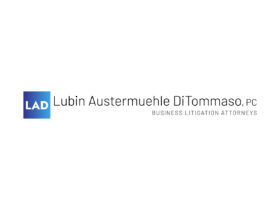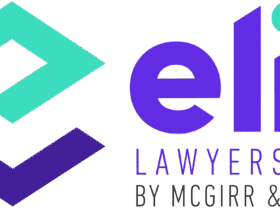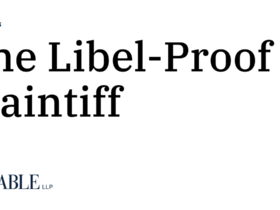The Supreme Court of Victoria has recently published helpful guidelines in relation to the efficient use of Artificial Intelligence (AI) in court cases. This response is due to the growing use of AI in litigation which can reduce legal costs and save time for lawyers and their clients.
Within these guidelines, the Supreme Court stresses that the use of AI programs to assist in the completion of legal tasks must be subject to obligations of solicitors in the conduct of litigation including the obligation of candour to the Court and, where applicable, obligations imposed by the Civil Procedure Act 2010.
The Guidelines
The Supreme Court splits the guiding principles regarding the use of AI into the following categories:
Principles
- Practitioners should understand how AI tools works as well as understand the risks and limitations of AI tools;
- Privacy and security of use of data should be front of mind;
- Ordinarily, the use of AI programs for legal tasks should be disclosed to other parties in the litigation to ensure transparency between practitioners and the courts.
- Traditional legal obligations should be followed (e.g., duty of candour).
Application of Principles
- Parties use of AI, and technology in general in litigation goes beyond a mere suggestion. It is to be encouraged.
- Substantial legal tools (such as Copilot AI which is currently being licenced and used by Elit Lawyers) should be distinguished from generative AI tools such as Chat GPT. These generative programs have a large potential for inaccuracy, and lack the reasoning process that should be targeted by solicitors.
- If generated text is used, solicitors should check to see if the text is:
- out of date;
- incomplete;
- inaccurate;
- relating to irrelevant jurisdiction; or
- biased.
- Judicial Officers
- AI tools are currently not admitted for use by judicial officers due to the previously noted lack of any reasoning process that is required of the courts.
Key Importance and Impact
These guidelines are representative of a positive society-wide shift towards the acceptance of AI in streamlining legal procedures. The substantial elements of the guidelines operate alongside the Supreme Court Practice Note SC Gn5 which similarly emphasises the potential for increased efficiency and productivity through use of technology.
The approach taken by Elit Lawyers to modernise legal services aligns with these guidelines, using technology to enhance transparency and achieve time and cost savings for clients. Elit Lawyers are proud to have licensed Microsoft Copilot as a responsible AI tool to assist in completing legal tasks in a safe, private, and secure environment.
Reflecting on the use of AI in civil litigation, Managing Partner Danielle Snell comments: “These guidelines mark an exciting and positive change, and sets the course for the future. AI will never replace the personal approach clients value, but it will enhance how we deliver our services.”
“By staying at the forefront of legal innovation, Elit Lawyers is committed to delivering outstanding client service and creating exceptional value.”
To read the guidelines in full, click this link.















